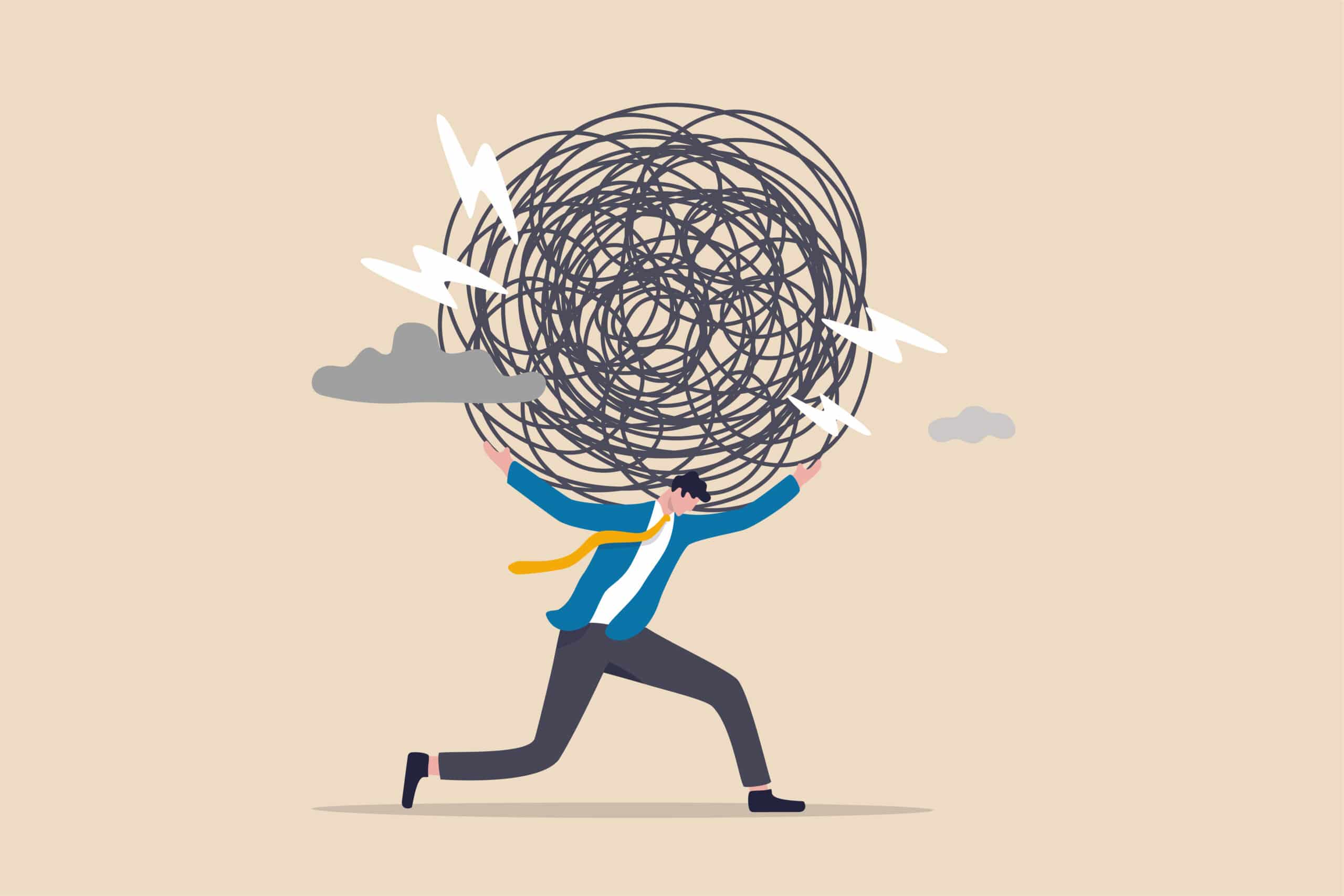by: Yehudah Alcabes LCSW, CSAT, CASAC-G, EMDR
There are several misconceptions about PTSD and trauma in general, with many associating it with combat or shell shock. People often imagine a stoic war veteran who appears frozen in time. While this is undoubtedly accurate, today, we have a deeper and more complex understanding of trauma, and it’s a long-term effect. Our understanding of trauma has extended too many other experiences that can have a direct impact on individuals functioning even decades later. Simply put, any experience that one feels extremely unsafe (physically or emotionally) becomes difficult for the brain to process correctly and can have long-term effects on daily functioning.
Misconceptions of Trauma
Imagine you were to see a man tending to his lawn on a Sunday morning. Everything about this experience appears to be ordinary. As you pass by he waves at you, and you notice something very odd. This friendly neighbor has an extra arm protruding from the middle of his chest; this is a fully functional arm which he is using to hold his lemonade while he pushes the lawn mower with his other two hands. Any person witnessing this would undoubtedly have many questions. How did this happen? Could happen to me? Are there many people like this? Where does he buy his shirts? Making sense of this would be very overwhelming. The world you once knew will never be the same. Traumatic experiences work similarly. When trauma occurs, the brain gets overwhelmed with new information and fear. In our example, the fear component is minimal. Ultimately, it is the fear that overwhelms the brain limiting its functioning.
Another misconception is that reviewing all the details of a traumatic event will cure the individual of the pain associated with the experience. Simply “letting it out” can do more harm than good. With our understanding of how the brain struggles with trauma, we need to do more than talk about what happened. Through effective treatment, we must assist the person in accepting his or her new world and reconfiguring beliefs that may have come from the event. In our example, after seeing the man with three arms, you may believe that you must protect yourself from growing another limb or you may be crazy. Imagine telling your friends and family that you saw a man with three arms. When they challenge the likelihood of this occurring, you might begin to question yourself, furthering the difficulty of processing your new world. Common beliefs after trauma are “the world is an unsafe place” or “if I ever let my guard down, I will be hurt.” These beliefs are a product of the brain becoming overwhelmed and attempt to stay safe in the future; this is how trauma disrupts daily life. The views begin to affect many areas of life, and simply reviewing the details of the trauma will not help the person move forward.
Trauma Treatment at Lifeskills South Florida
These philosophies guide all our trauma work at Lifeskills South Florida. We work from several different modalities but with the same goal: systematically re-engage the brain in integrating these experiences into daily life. This re-engagement includes accepting and processing feelings, challenging beliefs, along with developing skills to manage any instability that may arise. Our team consists of clinicians trained in Eye Movement Desensitization Reprocessing (EMDR), Cognitive Processing Therapy (CPT), and Seeking Safety. The range of approaches allows us to match the person with the method that works best for them. Our approach enables us to effectively treat our veterans, sexual abuse victims, survivors of life-threatening accidents, physical abuse victims, and those with complex trauma. It is challenging to process traumatic events. Our philosophy guides us in an active treatment process that promotes feelings of safety and facilitating more fulfilling lives.




